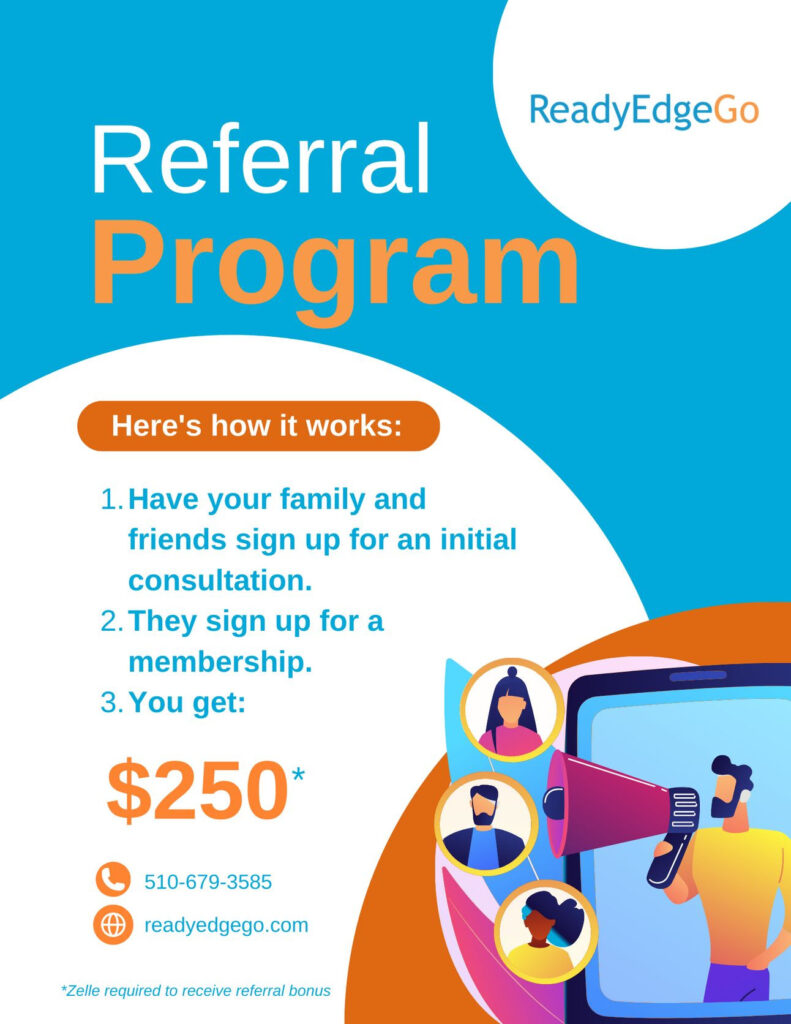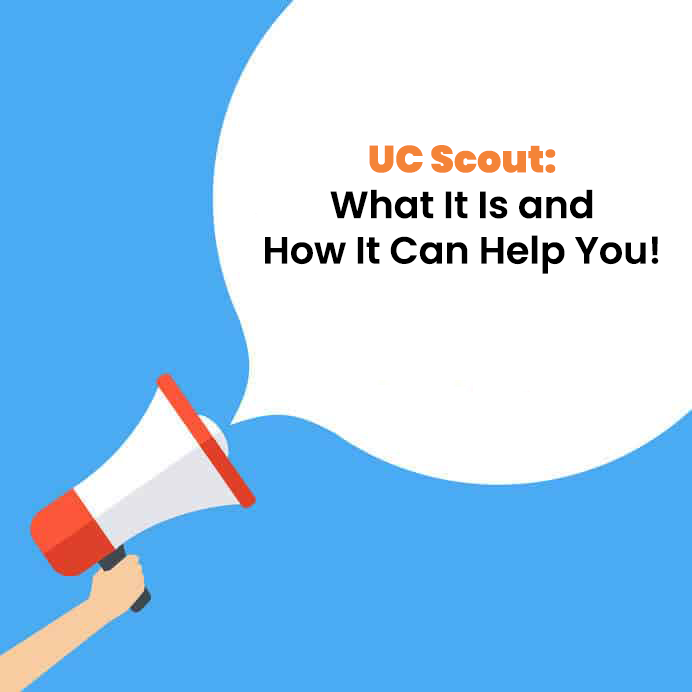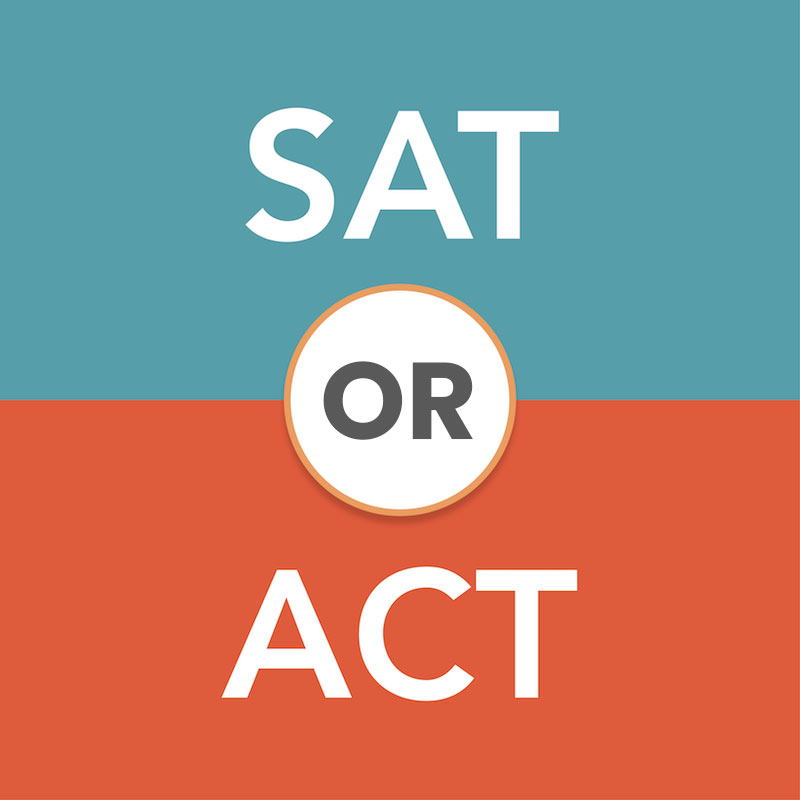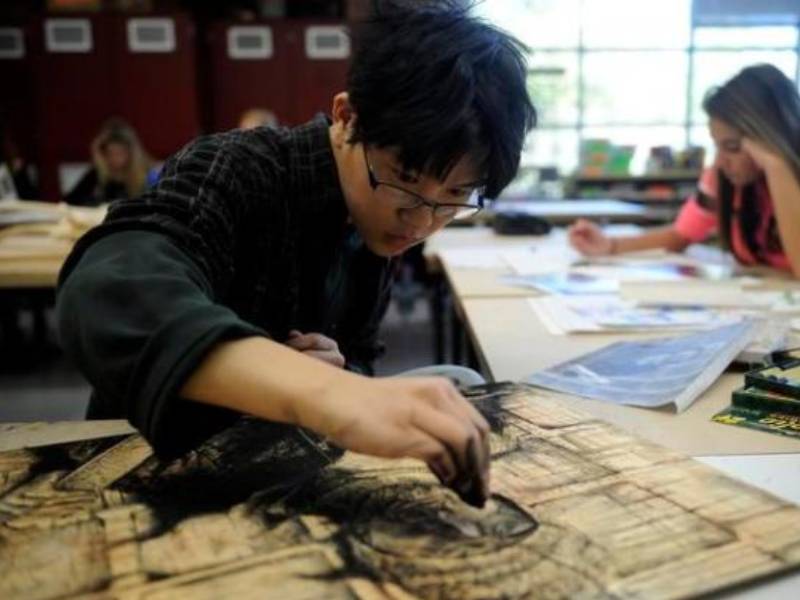How To Rest Over The Summer
Wondering how to rest over the summer? While everyone knows that summer is a key season for investing in university prep, it’s also crucial to get some needed rest over the summer. What many students don’t realize, however, that not all forms of rest actually recharge you. If you’re not careful, the very activities you’re doing to relax might leave you feeling more drained than ever!
Today, we’ll be talking about how to rest so you feel fresh and ready for the new academic year, not burnt out or bored.

Burnout: A Dangerous Summer Trend
Rather than seeing summer as a time to rest, many students prioritize padding their college-bound resumes with an endless list of summer programs and SAT boot camps. Add a summer job to the mix, and many students forget to take a break at all.
While it’s important to remain productive, rest is just as vital to help you perform at your best. Constantly attending long lectures and impressive educational programs without making time for family, friends, and hobbies will suck the life out of your studies. Losing the spark that makes you passionate about learning, researching, and creating will ultimately set you further behind academically as burnout causes you to fall behind in school or, at best, simply go through the motions of earning grades. Colleges can tell if you’re genuinely excited about your prospective major, so you’re better off doing a single summer program or course that ignites your curiosity than several classes or a more prestigious program over a topic that you don’t enjoy.
Boredom: The Result of Not Challenging Yourself
We all get bored now and then, but no one should spend their whole summer feeling constantly bored. This kind of chronic boredom tends to result from only doing effortless or mindless processes again and again. Think repeatedly binging on Netflix, online gaming, scrolling your phone, or even sleeping. Relaxing, yes. But boring if you do too much of it.

Avoid the boredom trap by introducing mild challenges that align with your interests. By challenging yourself within a personal interest, you become engaged and discover more about a topic you already like. Consider enrolling in weekly basketball drills to improve your skills, experimenting with Arduino DIY projects you found online, or dabbling in oil painting. Just be careful not to over-challenge yourself by taking on an advanced task you have no prior experience in and then expecting perfection of yourself. Be reasonable with your goals, and keep it fun! The less pressure you put on yourself to get it all “right,” the more you’ll enjoy the process, which will actually speed up your learning.
Too often, students spend summer doing “nothing.” Fix that by doing something that’s both interesting and mildly challenging.
Rest Over the Summer by Taking a Summer Program in Something You Are Passionate About
Enrolling in a summer program might sound like the opposite of resting. However, taking a college summer program in something you are passionate about is simply another way to challenge yourself in something you enjoy, just in a more formal way.
Maybe you’d enjoy a summer internship or a shadowing program. Take your time to choose the right program that really excites you so you’re both boosting your college profile and re-energizing yourself at the same time.
How to Rest over the Summer: Choose Life-Giving Activities That Inspire Your Curiosity
Too often, we equate rest with idleness, as if watching YouTube videos or playing videogames will make us feel happy. The truth is that even if you crave these empty activities, they’ll leave you feel sluggish and off, not deeply satisfied. It’s all too common for students to feel like they wasted all of their summer, without really knowing why.
When you think about rest, think about recharging: identify the activities that give you energy instead of taking it away. No matter who you are, lots of quality time with family and friends is a must. Beyond socializing, think about what else fills you up. Do you enjoy reading over a cup of coffee? Hiking? Crocheting? Trying a new sport?
Whatever gives you energy and makes you feel recharged, make sure to do plenty of it over the summer. Because by the time summer is over, it’s best to feel recharged and rested rather than bored from overrelaxation or burnt out from being too productive.
If you’re looking for good colleges to go to and need help in your search for colleges, ReadyEdgeGo mentors have the training and experience to help you develop a focused vision and make it happen. Schedule your free initial consultation now to find out if we’re a good fit for helping you reach your dreams!






































